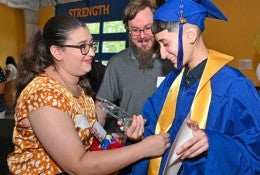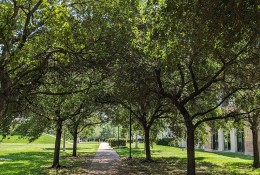How Houston's only public recovery high school is creating new paths for student success
Of all youth in Harris County, high schoolers had the highest rate of substance-involved health care facility visits and deaths from 2018-22, according to a new report.





